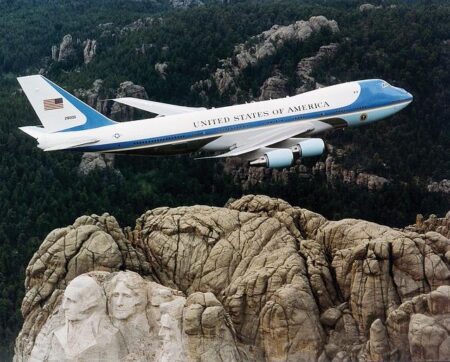Brazil has signaled the possibility that a long-anticipated trade agreement with the United States may not be finalized by the August 1 deadline, according to Reuters. The development highlights growing uncertainties in negotiations between the two economic partners as both sides face complex issues that have stalled progress. This acknowledgment marks a significant moment in bilateral trade discussions, with implications for future market dynamics in both countries.
Brazil Signals Potential Delay in US Trade Agreement Amidst Negotiation Challenges
The ongoing trade negotiations between Brazil and the United States have hit a series of complex roadblocks, making the prospect of finalizing an agreement by the previously targeted August 1 deadline increasingly unlikely. Brazilian officials have openly acknowledged these difficulties, emphasizing that several sticking points remain unresolved, particularly regarding agricultural exports, tariff limitations, and intellectual property rights. These challenges underscore the delicate balancing act both nations face as they strive to create a mutually advantageous framework amidst shifting geopolitical and economic dynamics.
Key issues contributing to the delay include:
- Tariff reductions: Disagreements on how quickly duties can be eased on Brazilian commodities.
- Environmental standards: Divergence over commitments to sustainability and deforestation controls.
- Market access: Negotiations over the scope of US technology and pharmaceutical imports.
| Issue | Brazil’s Position | US Position |
|---|---|---|
| Agricultural Exports | Seeks expanded quotas | Requests strict sanitary checks |
| Tariff Timelines | Wants gradual reductions | Pushes for rapid cuts |
| Environmental Measures | Prefers voluntary guidelines | Insists on enforceable rules |
Impact on Brazil’s Export Sector and Strategic Economic Adjustments
Facing uncertainty over a potential trade deal with the United States by the August 1 deadline, Brazil’s export sector is bracing for significant challenges. Key commodities such as soybeans, iron ore, and meat products-critical pillars of Brazil’s trade portfolio-could experience increased tariff barriers, disrupting established supply chains and affecting competitiveness in the North American market. Exporters are reportedly reassessing shipment schedules and exploring alternative markets to cushion against potential restrictions, mindful of the broader ripple effects on revenue and employment within export-oriented industries.
In response, Brazil is crafting strategic economic adjustments centered around diversification and resilience. Officials have highlighted plans to:
- Expand trade partnerships with emerging economies in Asia and Latin America
- Invest in value-added processing to reduce reliance on raw commodity exports
- Enhance logistical infrastructure to improve export efficiency and reduce costs
- Support small- and medium-sized enterprises in accessing international markets
| Sector | Export Value (Billions USD) | Potential Impact | |||||||||||||||||||||||
|---|---|---|---|---|---|---|---|---|---|---|---|---|---|---|---|---|---|---|---|---|---|---|---|---|---|
| Agriculture (Soybeans, Meat) | $45 | High tariffs, market volatility | |||||||||||||||||||||||
| Mining (Iron Ore) | $35 | Export delays, price pressure | |||||||||||||||||||||||
| Manufacturing | Experts Recommend Diversifying Trade Partnerships to Mitigate Risks of Prolonged US Deal Uncertainty
Amidst growing uncertainty regarding the progression of trade agreements with the United States, industry specialists emphasize the urgency for Brazil to expand and strengthen its network of international trade partnerships. By venturing beyond the US market, Brazil can better shield its economy from the repercussions of potential delays or stalls in bilateral negotiations, ensuring stability and ongoing growth opportunities. Experts point to several regions and strategies as viable alternatives worth exploring:
Analysts also highlight that a diversified approach to trade partnerships involves not just expanding markets but also adapting to global supply chain shifts. By investing in innovation and infrastructure aligned with multiple trade blocs, Brazil can create a resilient trade ecosystem. The table below summarizes key sectors and their potential new trade avenues:
|




